In the annals of African history, few figures loom as large, or as controversial, as Jean-Bédel Bokassa. Born on February 22, 1921, Bokassa’s life journey was marked by violence, ambition, and ultimately, ignominy. His tale, one of power and excess, encapsulates the tumultuous narrative of post-colonial Africa.
Early Life and Military Career
Bokassa’s early years were fraught with tragedy. Raised in the village of Makaka in the Central African Republic, he witnessed the brutal death of his father at the hands of colonial authorities. This traumatic event, coupled with the suicide of his mother, left an indelible mark on young Bokassa.
Despite his tumultuous upbringing, Bokassa’s physical prowess and linguistic abilities earned him a place in the French army. Serving in Indochina during World War II, he distinguished himself and rose through the ranks, eventually returning to his homeland in 1958.
The Ascent to Power
Upon his return, Bokassa found a country in flux. The Central African Republic, newly independent from French colonial rule, grappled with the challenges of nation-building. Bokassa’s military background and familial ties to President David D afforded him opportunities for advancement.
In 1961, Bokassa assumed command of the national army, solidifying his position as a prominent figure in Central African politics. His charisma and ambition endeared him to some, while others viewed him with suspicion.
The Reign of Emperor Bokassa
Bokassa’s thirst for power knew no bounds. In 1966, he orchestrated a coup d’état, overthrowing President David D and declaring himself head of state. Thus began his transformation from military leader to self-proclaimed emperor.
In a grandiose ceremony reminiscent of Napoleon Bonaparte, Bokassa crowned himself Emperor of the Central African Empire in 1977. The coronation, characterized by opulence and extravagance, drew international condemnation but solidified Bokassa’s grip on power.
Descent into Tyranny
Despite early attempts to garner popular support through social reforms, Bokassa’s rule quickly descended into tyranny. Reports of human rights abuses, including arbitrary executions and allegations of cannibalism, stained his legacy.
The international community, once tolerant of his excesses, grew increasingly critical. France, his former benefactor, eventually withdrew its support, leading to Bokassa’s ousting in 1979.
Legacy and Demise
In the years following his overthrow, Bokassa lived in exile, facing accusations of murder and cannibalism. Despite attempts to rehabilitate his image, his legacy remains one of brutality and excess.
Bokassa’s death in 1996 marked the end of an era, but his specter continues to haunt the Central African Republic. His story serves as a cautionary tale, reminding us of the dangers of unchecked ambition and the fragility of power.
In conclusion, Jean-Bédel Bokassa’s journey from village chief’s son to self-styled emperor embodies the complexities of post-colonial African politics. His reign, characterized by grandiosity and brutality, serves as a stark reminder of the perils of authoritarianism and the enduring quest for power.
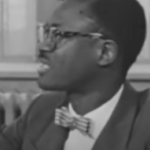
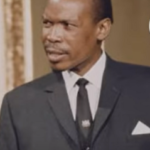
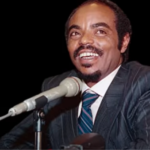

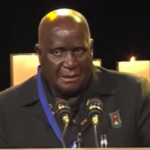
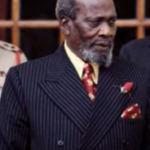
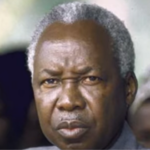
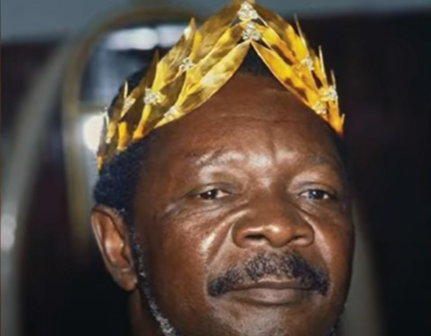
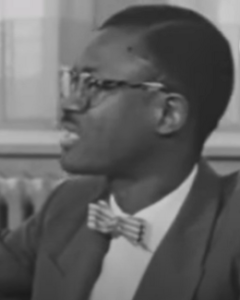
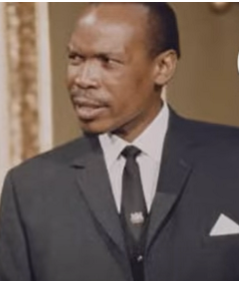
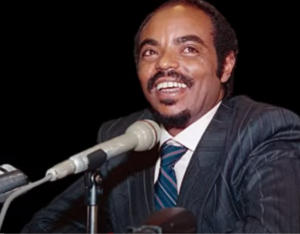
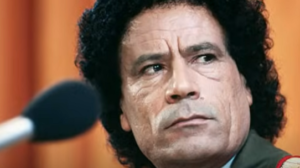
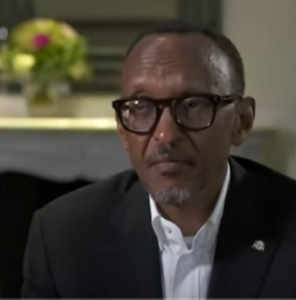
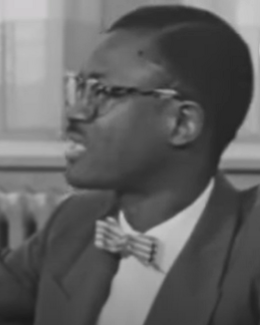
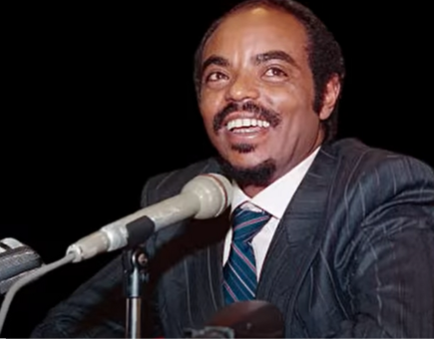
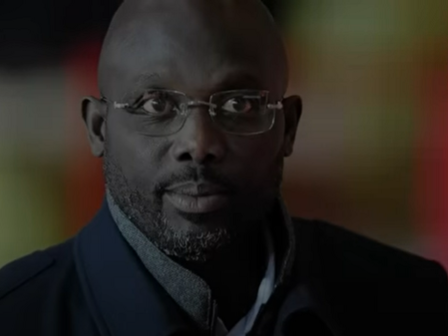
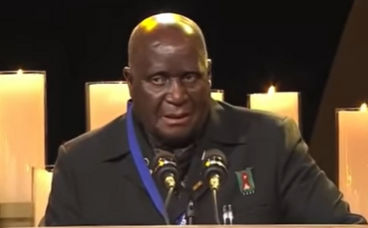
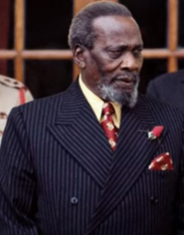
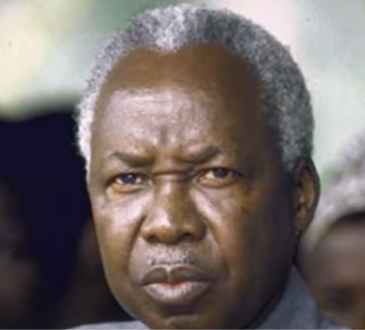
+ There are no comments
Add yours